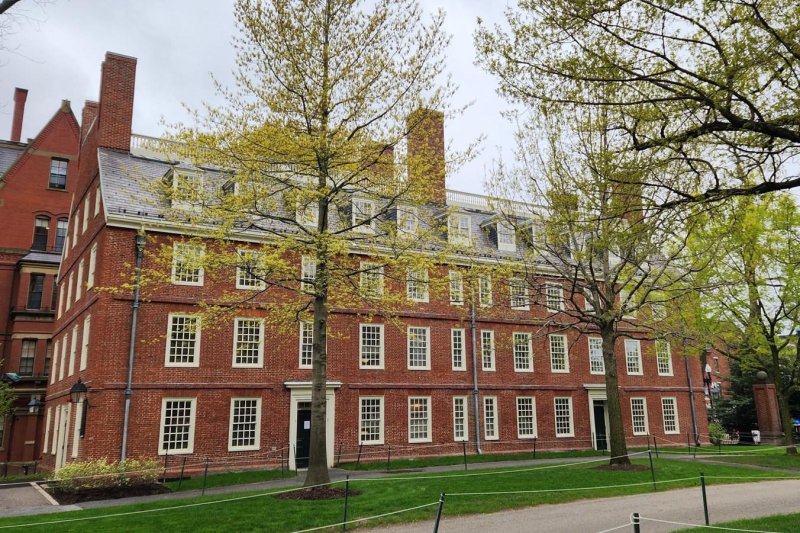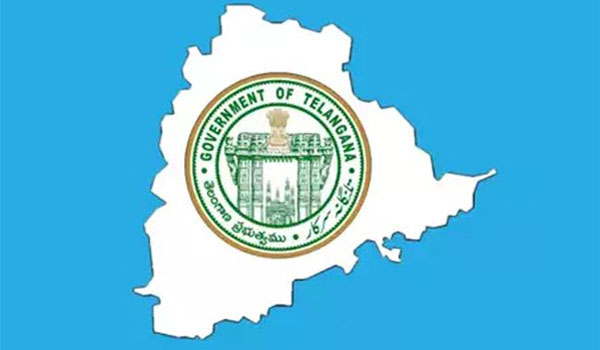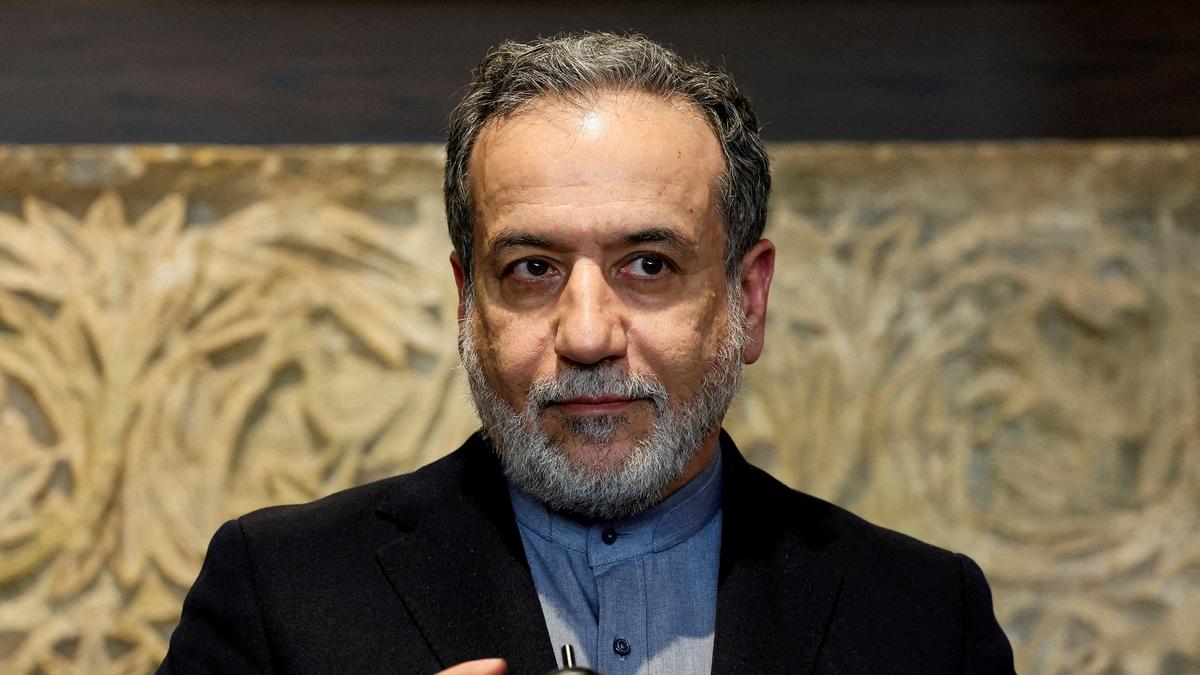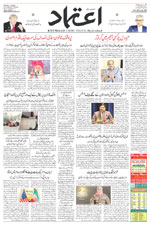Jamiat Ulama-i-Hind demands withdrawal of Waqf Act, says 'no amendment should affect religious character'
Mon 14 Apr 2025, 00:16:22
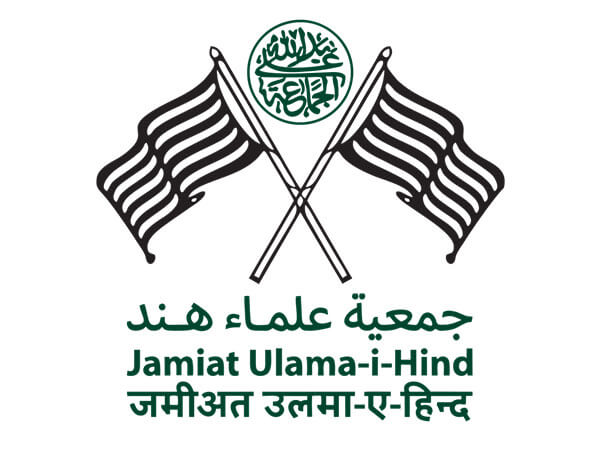
At the executive committee meeting, the Jamiat Ulama-i-Hind passed a resolution addressing the Waqf (Amendment) Act, 2025, raising significant objections and concerns. The proposal emphasised that the amendment not only violates several provisions of the Indian Constitution, specifically Articles 14, 15, 21, 25, 26, 29, and 300-A, but also threatens the fundamental structure of Waqf. One of the most concerning elements of the amendment is the abolition of 'Waqf by User,' which could endanger the existence of religious places historically designated as Waqf. According to government reports, the number of such properties is more than four lakh.
The proposal also raises concerns about the inclusion of non-Muslim individuals, particularly from the
majority community, in the Central Wakf Council and State Waqf Board. This move, the committee argues, constitutes a direct interference in religious matters and is a violation of Article 26 of the Indian Constitution. Such a law is seen as a representation of the dominance of the majority community, which the Jamiat Ulama-i-Hind firmly opposes. They argue that this is unacceptable under any circumstances.
majority community, in the Central Wakf Council and State Waqf Board. This move, the committee argues, constitutes a direct interference in religious matters and is a violation of Article 26 of the Indian Constitution. Such a law is seen as a representation of the dominance of the majority community, which the Jamiat Ulama-i-Hind firmly opposes. They argue that this is unacceptable under any circumstances.
The executive committee further expressed its belief that the current government is undermining the spirit and foundational principles of the Indian Constitution. The committee views this as part of a coordinated and harmful attempt to marginalise the Muslim community, erase their religious identity, and reduce them to second-class citizens.
No Comments For This Post, Be first to write a Comment.
Most viewed from National
Most viewed from World
AIMIM News
Latest Urdu News
Most Viewed
May 26, 2020
Do you think Canada-India relations will improve under New PM Mark Carney?
Latest Videos View All
Like Us
Home
About Us
Advertise With Us
All Polls
Epaper Archives
Privacy Policy
Contact Us
Download Etemaad App
© 2025 Etemaad Daily News, All Rights Reserved.





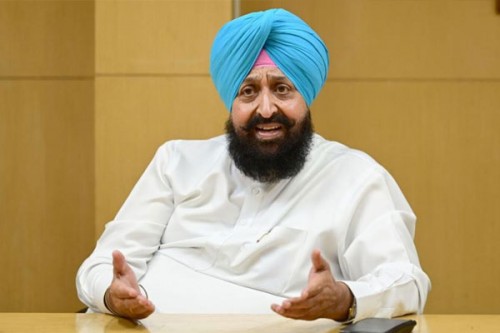

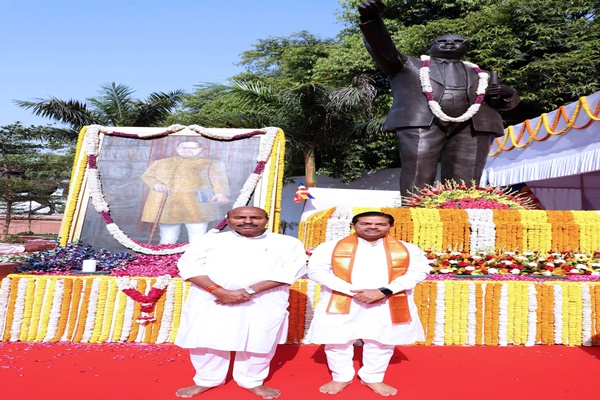


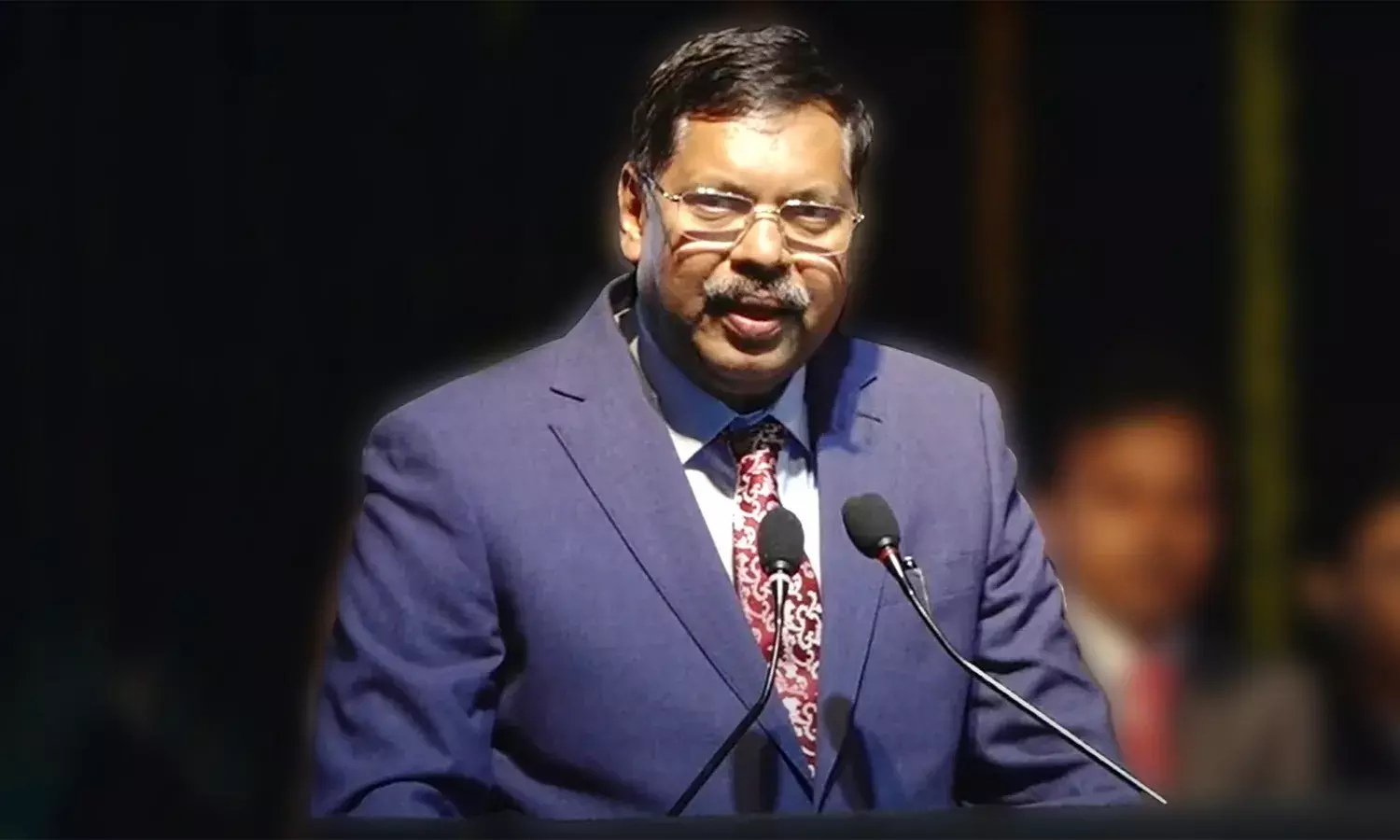

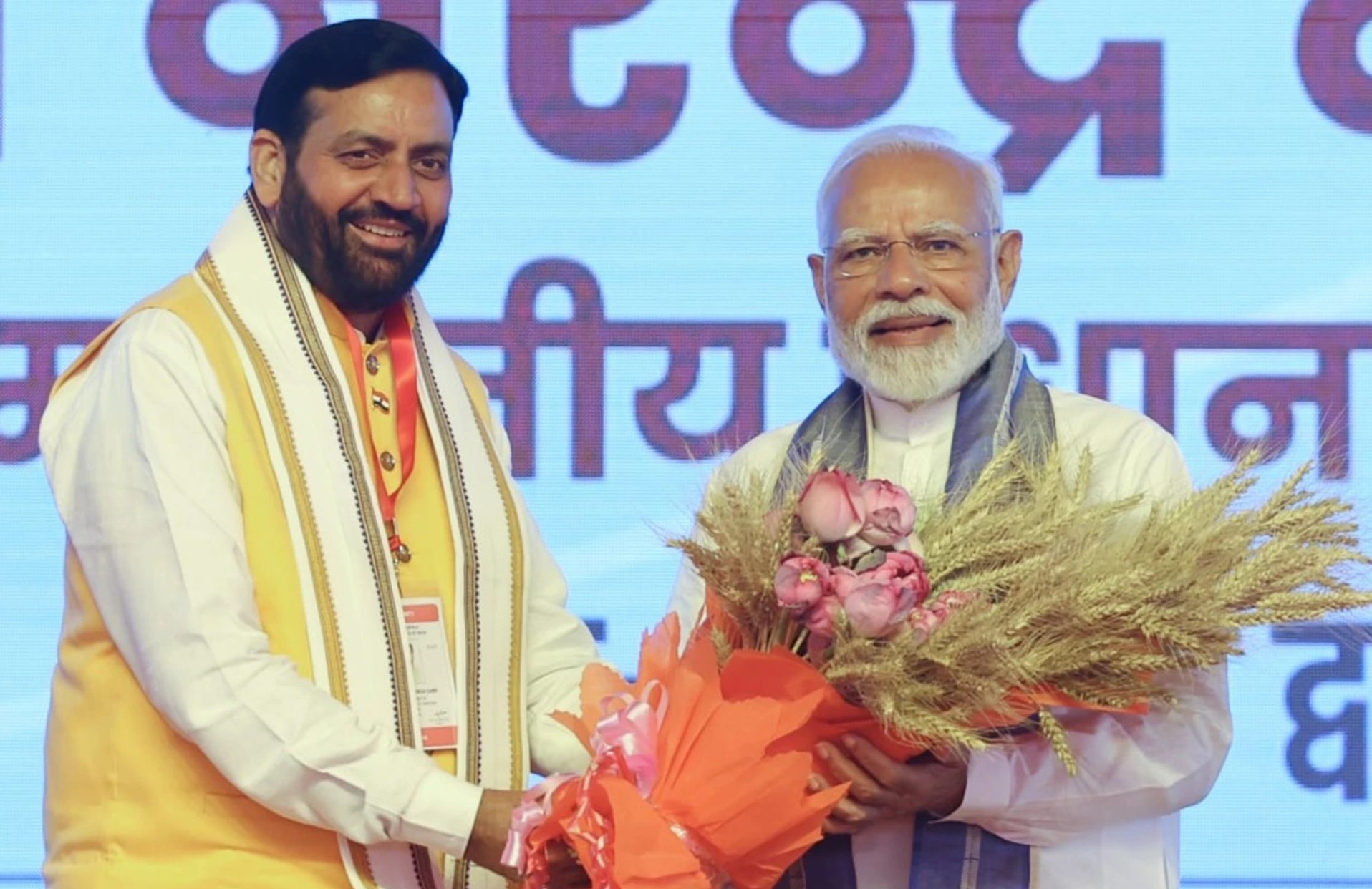
.jpg)
.jpg)

